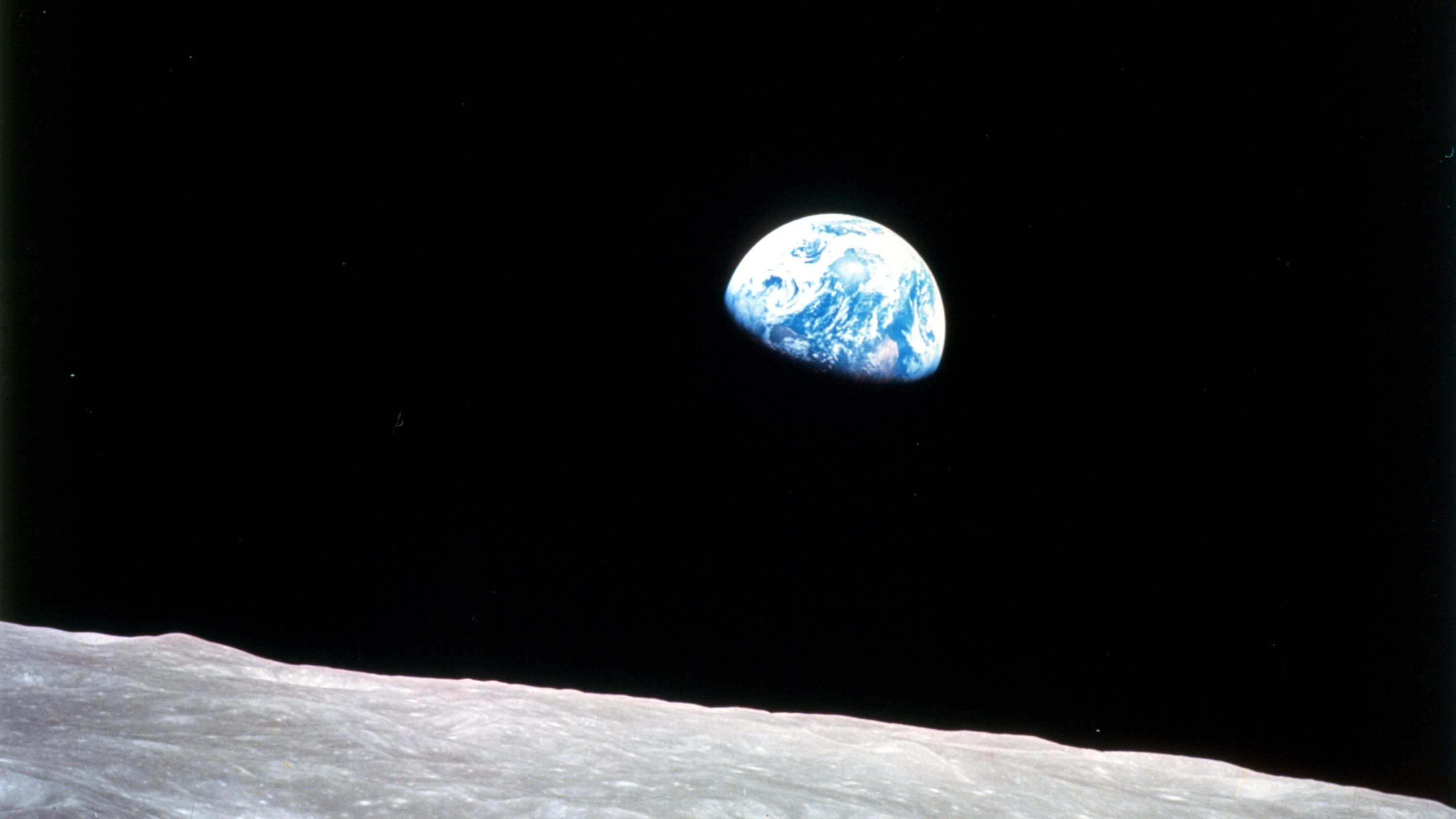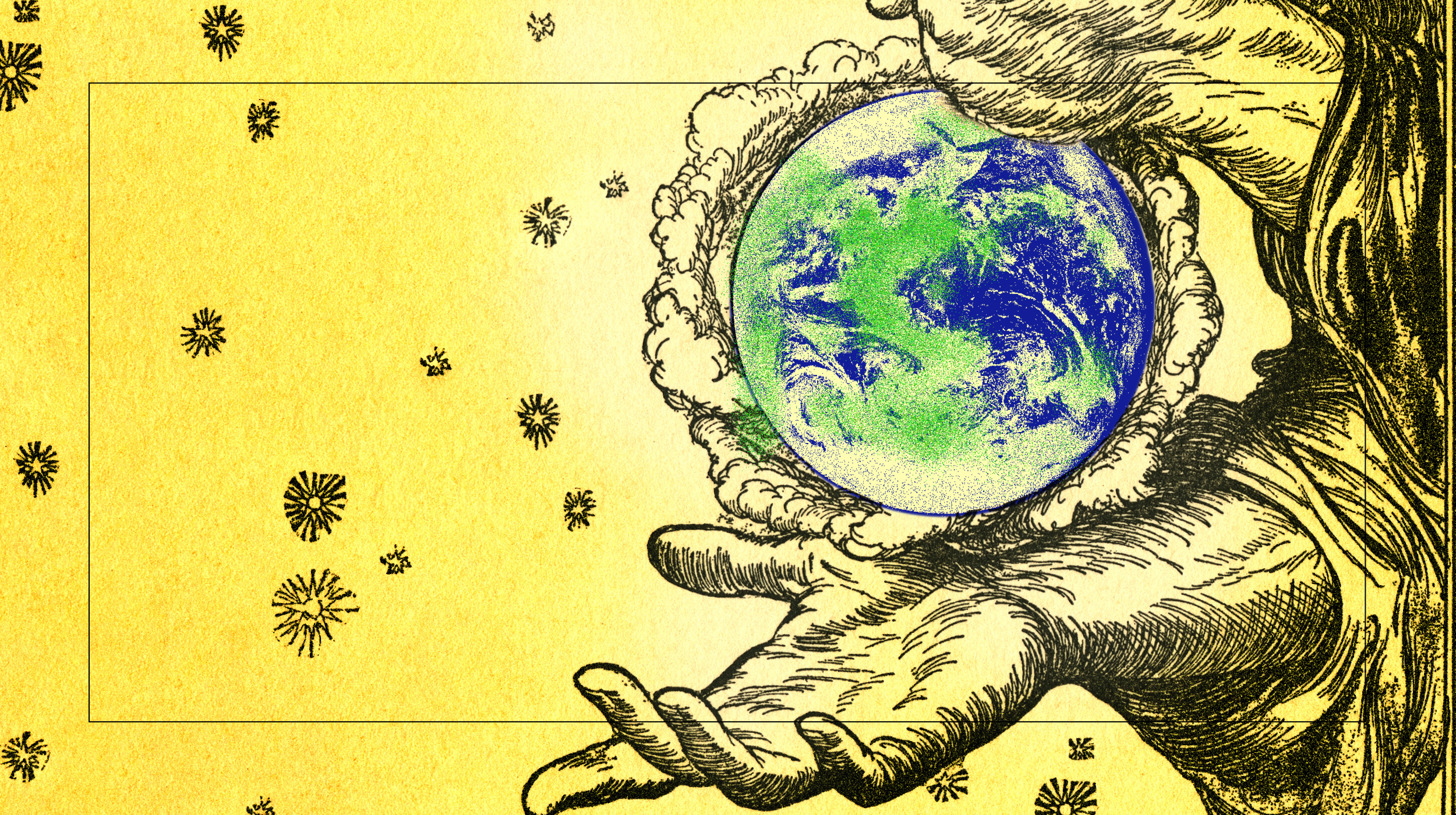While Pastafarians picture their deity as a benevolent wobbling lump of spaghetti, most people think of God – whoever or whatever he/she/it may be – as a super-intelligent being, omniscient in all things. That is, if they do think of God at all, which is crucial to the question of serving a higher deity. Even Charles Darwin speculated about the existence of a super-being. These large questions have always been there. And increasingly those who dare to examine faith end up wondering why, if there is an omniscient overlord of Earth, are there tornadoes, and earthquakes? If there is something looking after the whole of mankind, why are there mass deaths? So before we can even ask if we should unquestioningly serve an intelligent super-being, Bill Nye suggests we look for proof of that being. Nye can hardly play ball with the hypothetical because, for him, there is no evidence of a super entity. He suggestions caution when faced with people who are sure that there is an entity who has told them how they should not only live their life, but how you should live yours. As the saying goes, follow those who seek the truth; flee from those who claim to have found it.
It is perfectly normal to question religion and be open to its many incarnations. Even Thomas Jefferson, a deist, had his own personal copy of the Quran that he used to teach himself Arabic, widening his own perspective of the universe. A questioning of the established religion is what pushed the Pilgrims to set off for America in the first place. We all do it our own way. And some don’t do it at all. Even with multiple vantage points of higher beings, from Christianity to Islam, Hinduism to Judaism, so many questions are left unanswered or shrouded by statements about the mystery of faith, and whether that mystery is God’s intention or plan. There’s no moving forward in a circular argument like that.
The Hubble Telescope has shown us a great many things up in outer space, but no evidence of a heaven, nor guiding light of an omniscient being. So one person might say, “There is no evidence of a heaven.” Someone else can reply, “Just because there is no evidence doesn’t mean heaven doesn’t exist.”
Bill Nye is aware that so much in the realm of science also remains unanswered. But there is at least a method to find out. Every day, there are new evidence-based discoveries that step closer to explaining our world and the universe(s) beyond it. That scientific process is what provides meaning for Nye, and just looking at the progress of science in his lifetime is an affirmation that science can move you closer to truth than the pursuit of any deity, the story of which has not changed or revealed anything for millennia. Whether or not a person should serve the super-being is entirely up to them, but Nye urges a person to look for evidence of a super-entity before they consider serving one.
Bill Nye’s most recent book is Unstoppable: Harnessing Science to Change the World.
Cameron: Hi Bill. My name’s Cameron and I am a junior at Libertyville High School in Washington. And I was just wondering on this hypothetical question if there was a completely intelligent all-knowing entity whether it was human or otherwise that if it existed and it was our leader if we should be completely subservient and submit to its governance if it really truly had our best interest at heart.
Bill Nye: This super entity that we should serve I don’t know. I see for me there’s no evidence of a super entity with a plan for everybody’s life. And this goes way back. Charles Darwin wrote about this, speculated about this. And another way to express it if there is a super entity running things why is everything so screwed up? And there reasons seems to be that humans are all interacting, all trying to get food, shelter and raise their kids and there’s conflict among us. It’s just the way humans are. And so if there is a super entity I would prefer that she or he was just a little more organized, just took care of things a little better. And the thing to be careful of in my opinion is when people you meet are sure that they have a super entity that’s telling them what to do that affects you. That is to say when they tell you you can’t do this or you can’t do that because the super entity of mine is telling me that I should tell you that you can’t do that. That’s when there’s conflict. And I presume you’re in Washington state and you know Washington state is way in the west of North America.
A lot of the people that came from Europe came here to get away from certain religions which by modern standards were received as strife in wars around the world were pretty tame. The religious expectations were not that onerous. Yet they were onerous enough to make people leave. Don’t tell me what to do kind of thing. So I’m open minded but as we say you can’t prove a negative. And by that I mean if you say or if someone says well can you prove that there is no super entity. You can’t. Because whatever proof you’d offer as that there’s no super entity the other side would say well that’s just what the super entity wants you to think. Super entity is hiding from you. Super entity is making it so you can’t find super entity. Anyway that’s arguing in a circle. You’ll never be able to resolve that. So whether or not you should serve the super entity is up to you. But I strongly encourage you to look for evidence of the super entity before you get caught up in trying to serve it, him or her. It’s a fantastic question. You’re asking a deep question. But for me understanding nature and the world around us and how I should interact with our fellow humans I get a lot more satisfying answers from the process of science than I do from people claiming to have a super entity that’s going to tell me or us what to do.
And the troubling thing in science pretty quickly you figure out that you can’t figure it all out. That there are unknowns. There are things that you just do not know. And for some people that’s really troubling. But for people like me it’s empowering because we have a process. The process that we call science that enables us to learn about nature. And the example that everybody’s all excited about right now everywhere I go is are there other universes? Are there multiverses? Universes beyond our universe. And the big argument for the existence of these multiverses is that there isn’t any real good way to exclude them. There’s no way to make sure that they don’t exist. So maybe they do. And that’s cool and exciting. And by the way you were alive when people discovered dark matter. Apparently there’s five times as much dark matter as there is regular matter and do you know why? Nobody knows why but in your lifetime maybe discoveries will be made that will tell us about dark matter and dark energy. In my grandfather’s lifetime there was no such thing as relativity. People didn’t know about relativity. Yet if you have a smartphone and it tells you which side of the street you’re on that information comes from spacecraft in orbit around the Earth that have to be adjusted for both special relativity, the speed of the spacecraft relative to the Earth’s surface and general relativity, the effect that the Earth’s gravity has on clocks, on time.
The speed of time as I like to say. So who knows what discoveries will be made soon. And the thing I’m saying here is that science carries with it this uncertainty. We don’t know it all. We accept that we don’t know it all but we have a process for trying to find out. And that to me is elegant and beautiful. Carry on.







